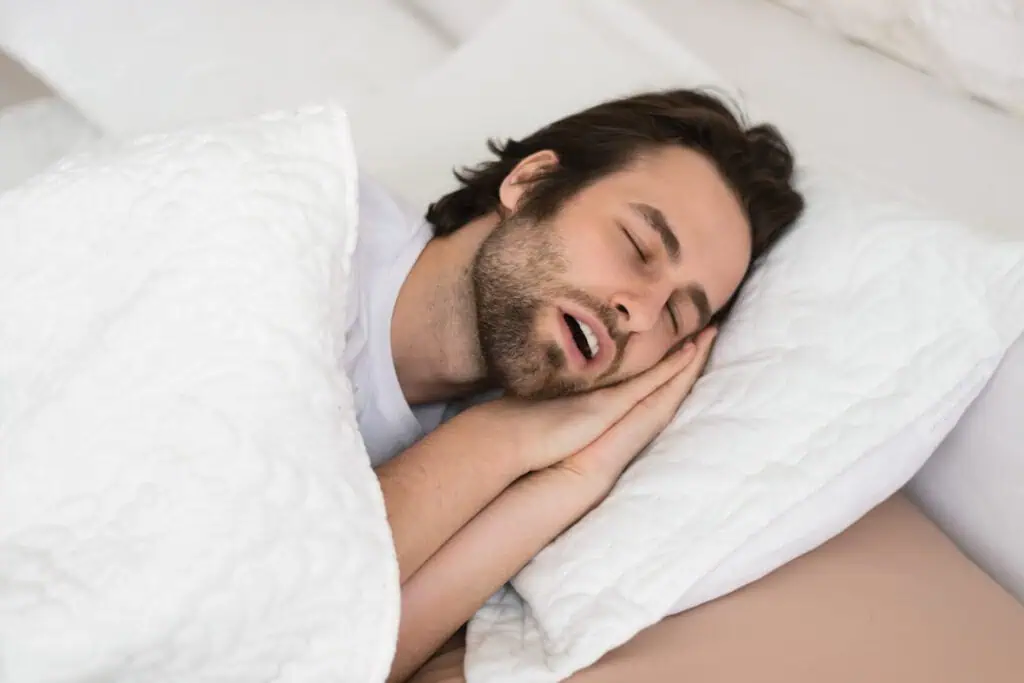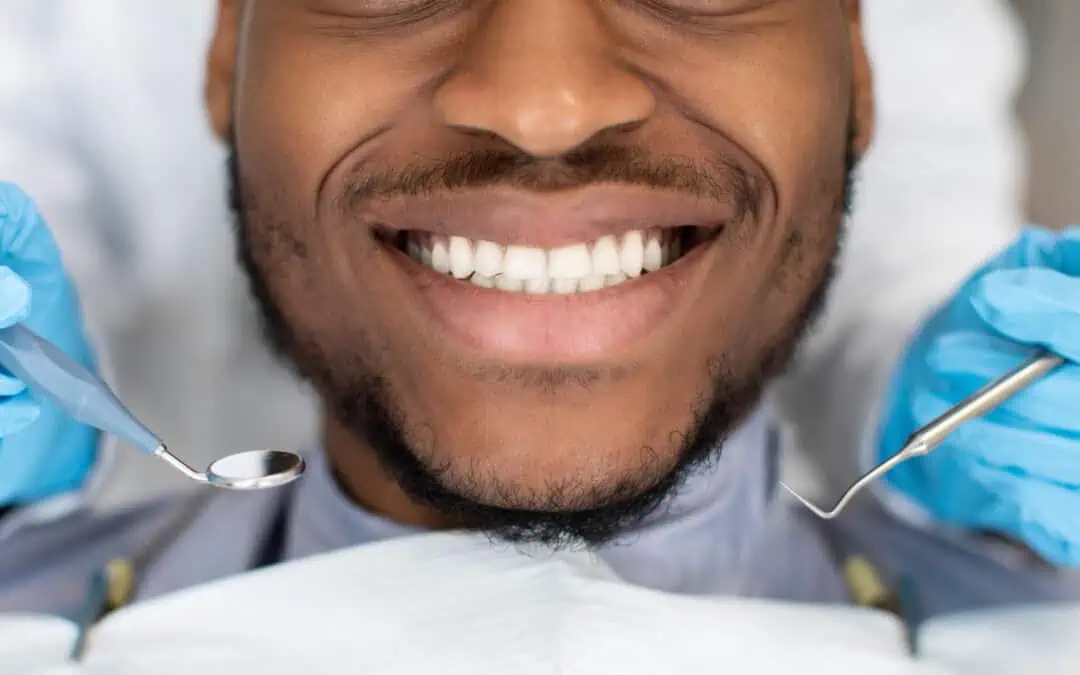Many individuals clench or grind their teeth at night without realizing it. Waking up with a tight jaw, frequent headaches, or tooth sensitivity often indicates nighttime grinding, known as bruxism. A dentist in Slidell can recognize early warning signs and suggest practical solutions. Learning how to control teeth grinding protects long-term oral health and alleviates discomfort.
Why a Dentist Detects Teeth Grinding Early
A dentist in Slidell carefully examines the teeth and jaw for evidence of bruxism before it causes extensive damage. Mild symptoms may go unnoticed, but consistent grinding gradually leads to fractures, enamel erosion, and even gum recession. Addressing the issue in its early stages prevents long-term dental complications.
- Enamel wear from grinding exposes teeth to heightened sensitivity and decay.
- Frequent clenching contributes to persistent jaw pain and tension headaches.
- Unchecked grinding may lead to significant tooth fractures requiring advanced restorative care.
What a Dentist in Slidell Suggests for Jaw Pain Relief
Ongoing jaw discomfort is a frequent symptom of bruxism. A dentist in Slidell recommends targeted techniques to relax the jaw and minimize strain. Simple adjustments can provide substantial relief while addressing the root cause of grinding.
- Applying a warm compress loosens tense jaw muscles before bed.
- Practicing jaw stretches improves mobility and alleviates tightness.
- Gentle massage therapy relieves tension in the face, neck, and shoulders.
How a Dentist Identifies Nighttime Bruxism
Grinding usually occurs while asleep, making self-diagnosis difficult. A dentist in Slidell evaluates patients for flattened tooth surfaces, jaw tenderness, and distinctive wear patterns. Individuals who suspect grinding should monitor symptoms and consult their dentist.
- Clicking or locking in the jaw signals excessive strain from grinding.
- Tooth sensitivity without visible cavities may result from prolonged pressure.
- Partners or family members may hear grinding noises during sleep.

Why a Dentist Provides Custom Mouthguards
A properly fitted mouthguard offers one of the most effective ways to prevent grinding-related damage. A dentist in Slidell designs custom mouthguards that deliver superior protection and comfort. Unlike generic store-bought options, these guards are precisely molded to fit an individual’s bite.
- Custom-fitted guards evenly distribute pressure, preventing further enamel wear.
- Secure-fitting mouthguards remain in place throughout the night.
- Soft, cushioned materials absorb the force of grinding, reducing jaw tension.
How a Dentist in Slidell Treats Severe Bruxism
Chronic teeth grinding can cause extensive damage if not managed correctly. A dentist in Slidell explores advanced solutions for patients experiencing severe bruxism symptoms. Tailored treatment approaches protect teeth and prevent long-term complications.
- Orthodontic adjustments help realign bite issues contributing to grinding.
- Botox injections relax overactive jaw muscles, reducing tension and clenching.
- Restorative procedures repair worn enamel and restore proper bite alignment.
What a Dentist Recommends for Stress-Related Bruxism
Emotional stress frequently triggers involuntary teeth grinding. A dentist in Slidell offers practical strategies to reduce stress and decrease bruxism episodes. Lifestyle adjustments improve overall well-being while protecting dental health.
- Breathing exercises and meditation promote relaxation and stress control.
- Engaging in physical activity releases pent-up tension that contributes to clenching.
- Establishing a calming bedtime routine helps prepare the body for restful sleep.
Why a Dentist in Slidell Encourages Dietary Adjustments for Bruxism
Certain foods and drinks intensify teeth grinding. A dentist in Slidell advises patients to modify their diet to avoid common triggers. Simple dietary changes significantly reduce bruxism severity.
- Cutting back on caffeine minimizes nighttime muscle contractions.
- Avoiding alcohol before sleep prevents increased jaw clenching.
- Opting for softer foods reduces strain on jaw muscles.
How a Dentist Helps Protect Teeth from Grinding Damage
Repeated grinding gradually weakens enamel, making teeth more vulnerable to sensitivity and decay. A dentist in Slidell recommends strategies to reinforce enamel and prevent additional harm. Strengthening teeth reduces the risk of long-term damage.
- Using nanohydroxyapatite toothpaste aids in enamel remineralization.
- Applying fluoride treatments creates an extra layer of defense against erosion.
- Scheduling routine checkups helps detect early signs of grinding-related wear.

Key Insights on Stopping Teeth Grinding and Safeguarding Oral Health
Bruxism leads to significant dental concerns if ignored. A dentist in Slidell provides personalized solutions to manage grinding and prevent complications. Proactively addressing bruxism reduces discomfort and protects long-term oral health.
- Early intervention prevents severe enamel wear and jaw strain.
- Custom mouthguards effectively minimize grinding-related damage.
- Stress management and dietary modifications play a crucial role in prevention.
Frequently Asked Questions
Can a dentist diagnose bruxism without a sleep study?
A dentist often identifies bruxism through a physical examination, checking for wear patterns, jaw tightness, and patient-reported symptoms. Sleep studies may be recommended in complex cases.
How long does it take for a custom mouthguard to be effective?
Most patients experience noticeable relief within a few weeks. Wearing a mouthguard consistently prevents further damage and improves symptoms over time.
Is stress always the main cause of teeth grinding?
Stress is a common trigger, but other factors like bite misalignment, certain medications, and sleep disorders can contribute to bruxism. A dentist evaluates all possible causes before recommending treatment.
Can bruxism go away without treatment?
Mild cases may improve with stress management and lifestyle adjustments. Severe grinding typically requires professional intervention to prevent lasting dental issues.
Are there natural ways to reduce teeth grinding?
Jaw relaxation exercises, reducing caffeine intake, and applying warm compresses before bed can help minimize grinding episodes. A dentist can suggest additional personalized recommendations.







